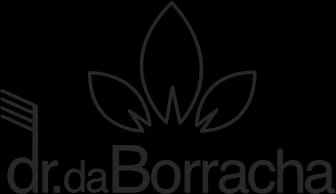Country: Brasil,
When did this experience begin?: 15/04/2019
At what stage is the experience currently?: We're halfway there
Is the experience legally recognized?: Yes
Where does the experience take place?:
Name of the organization leading the experience: Doutor da Borracha
Year in which it was established: 25/07/2013
Acronym (initials) of the organization:
Logo of the organization: 
Description of the Organization:
Address of the organization's headquarters: Br 317 km 32 Ramal do Mato grosso km 15
Context:
![]()
Social Issues:
![]()
Cultural Issues:
![]()
Political Issues:
Absence of public institutions
![]()
Economic Issues:
MonocultivantsAgribusinessLivestock Farming
![]()
Environmental Issues:
DeforestationDegradationDroughtsClimate changeForest fires
| Title | Unit | Number | Description |
|---|
Chalé
100
Chalé
180
Camping
30
Partners or Allied Organizations
| Organization Name | Organization Role in the Experience |
|---|